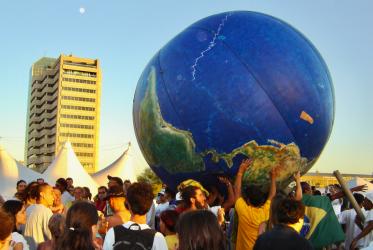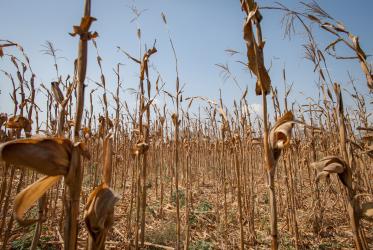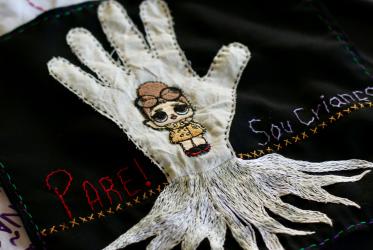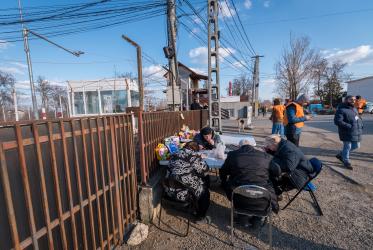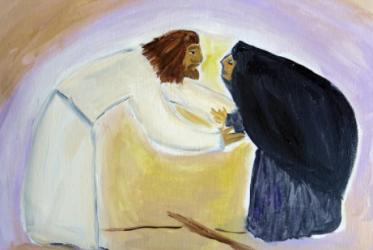Sister Imelda Poole, MBE, a native of Great Britain, is a sister of the Institute of the Blessed Virgin Mary (IBVM). After many years in the field of education and grassroots mission in the United Kingdom, her ministry moved to Albania where the Roman Catholic archbishop of Tiranë-Durrës invited the IBVM to work in the mission against human trafficking. This led to her co-founding Mary Ward Loreto, an NGO that addresses the root causes of trafficking, including poverty, and is involved in the rescue and rehabilitation of survivors of trafficking.
Sr Imelda Poole currently serves as president of Religious in Europe Networking Against Trafficking and Exploitation (RENATE). RENATE has grown from a handful of religious sisters into a leading NGO combatting human trafficking in 31 European countries. It regularly convenes in different European nations to support work across borders in partnership with the many members of RENATE. Presently, Imelda Poole is co-founding the NGOs Mary Ward Loreto UK and Anti Modern Slavery Alliance.
26 August 2021
